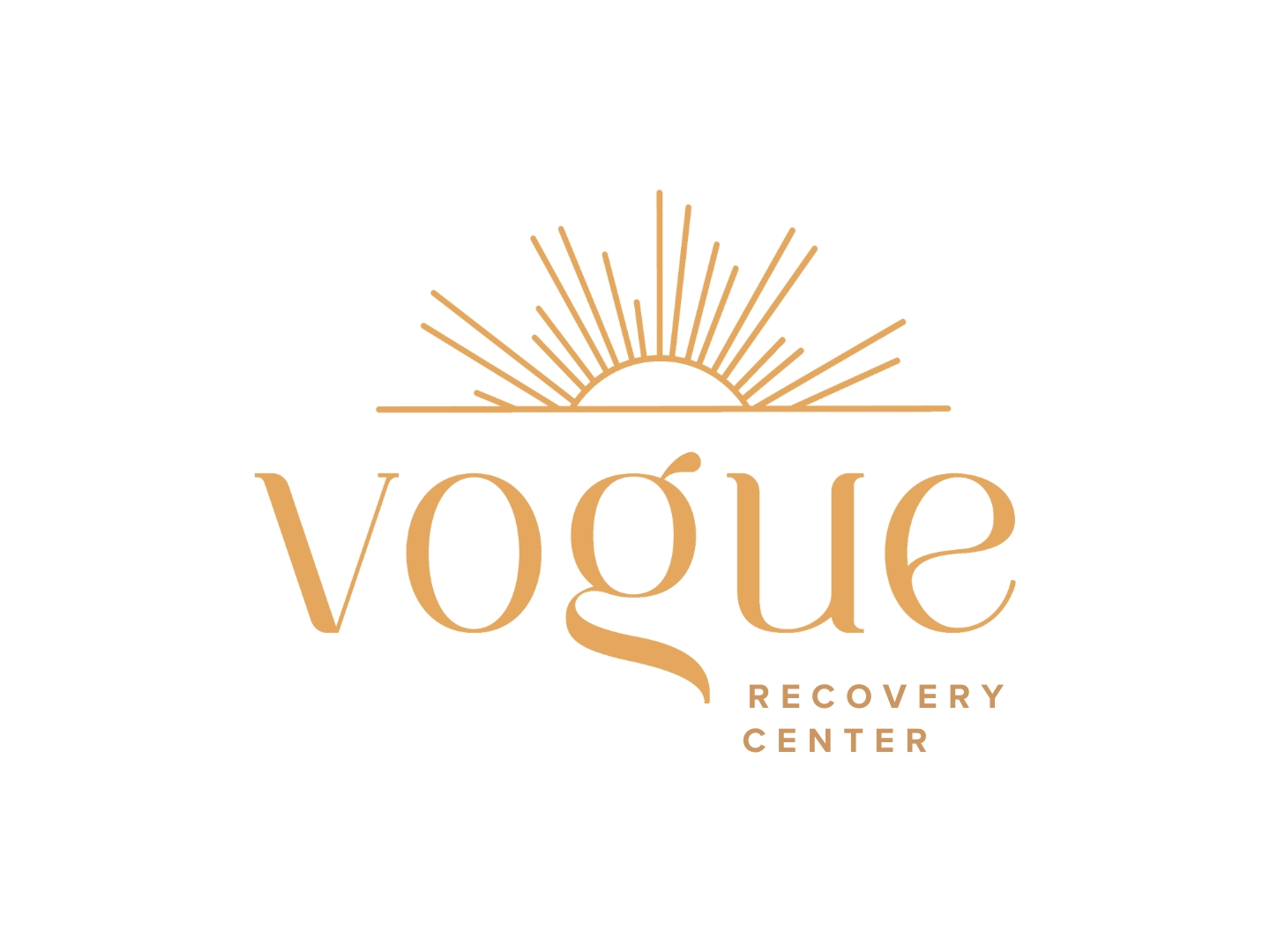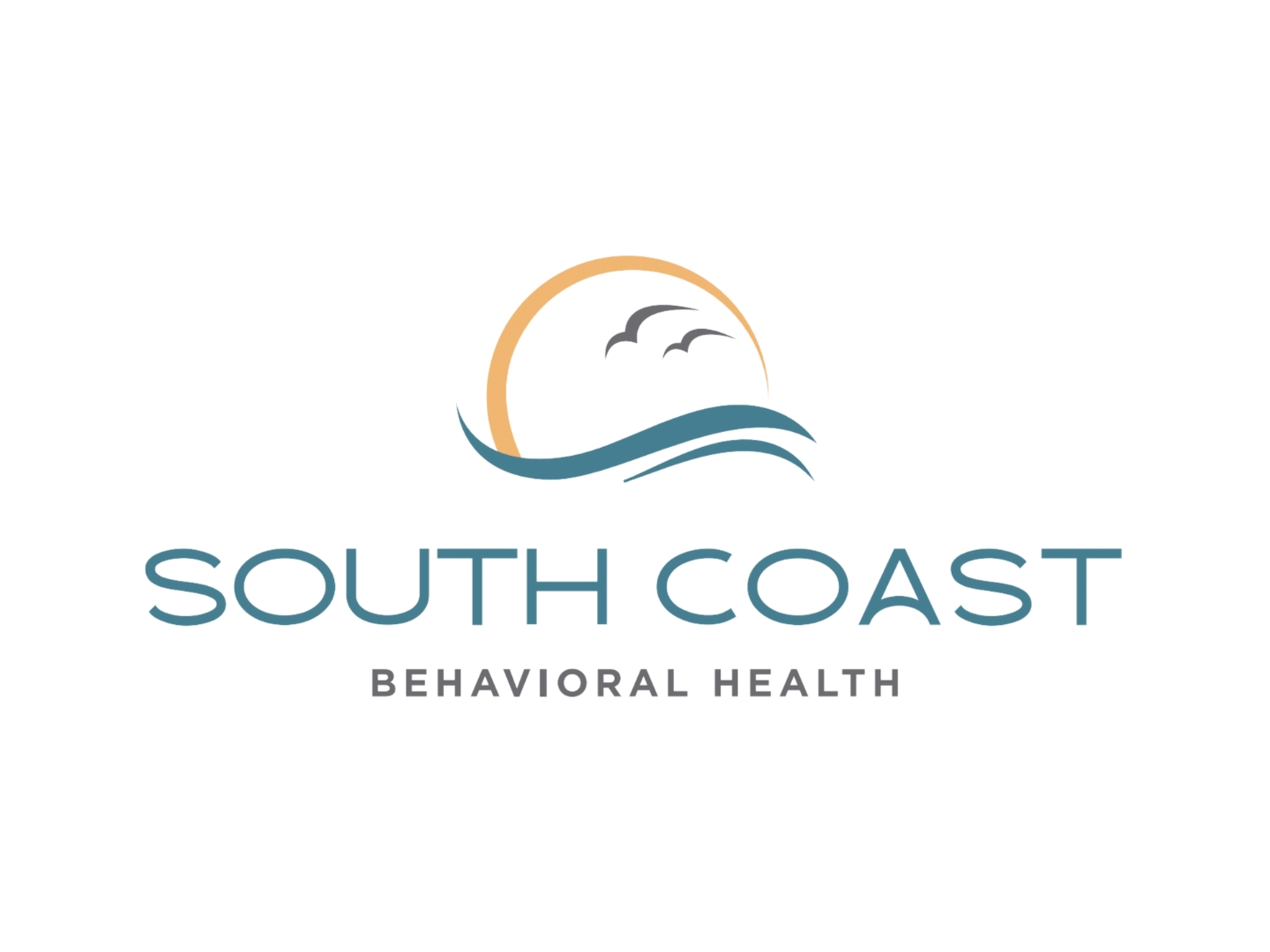Sound Therapy
Sound frequency healing is a holistic therapy option derived from meditation. It increases well-being through improvement to one’s physical and mental state. Sound meditation is an ancient Eastern health practice that has only recently gained traction in Western medicine. Because it offers total-body benefits, sound therapy is an excellent addition to comprehensive recovery programming for substance use and mental health disorders.
What Is Sound Therapy?
Sound therapy is a therapeutic practice that utilizes sound frequencies and vibrations to aid in healing a variety of illnesses. Sound healing instruments provide a sound bath that places individuals into a deep meditative state where deep healing can occur. Notably, sound waves trigger physiological healing in the body and improve psychosomatic and emotional pain.
Sound bath sessions are often part of group therapy. It can also be used one-on-one in a therapeutic setting with a counselor.
Holistic Healing in Recovery
Holistic healing addresses pain that’s stored in the mind, body, and soul. Focusing on only one area of health cannot lead to total healing, so we’re committed to comprehensive care for every client. As such, we provide a mix of therapies and treatment options that work together to treat the whole self. Sound therapy is one such holistic therapy that promotes biopsychosocial wellness. Individuals receive the best recovery care when combined with evidence-based treatments like psychotherapy and counseling.
Aliya Health Group offers comprehensive services for addiction and mental health disorders. We utilize the most effective evidence-based and holistic therapies in our treatment programs to provide a well-rounded approach to healing.
Talk to an Admissions Representative | Free, No Obligation, 100% Confidential
How Soon Can I Get Help?
No one should have to wait to heal, which is why our specialists are available 24/7 to help guide you through the admissions process every step of the way.
How Does Sound Therapy Work?
Sound therapy uses high-intensity, varying-frequency sounds to lead to inner reflection, relaxation, and the release of pent-up tension or trauma. At the same time, individuals are led through visualization, breathing, and mindfulness exercises. The combination of the multiple elements making up sound therapy leads to breakthrough and pain relief. Sound baths are generally communal sessions, but individuals can also work with a therapist to experience sound healing.
Sound Therapy Instruments
Sound bath healing can utilize many instruments, including:
- Tibetan Singing Bowls
- Tuning forks
- Drums
- Gongs
- Bells
- Quartz Bowls
- Cymbals
- Chimes
Different instruments have different frequencies, which trigger varying physiologic effects throughout the body. For this reason, each sound therapy session produces distinct results through the healing power of sound.
Looking for Recovery Services?
If you or a loved one is struggling with addiction or mental health issues, our admissions team is available 24/7. Our compassionate and understanding team can help answer your mental health treatment questions and get you started on the path to recovery.
Deciding to seek treatment can be intimidating. We are here to make this process as easy as possible. Reach out to us today to learn more about how our treatment centers can help!
- How we can help
- Programs and locations
- Payment options
What Are the Goals of Sound Therapy?
Sound therapy aims to treat various issues and has proven successful in targeting a range of health concerns. Some of the goals and benefits of this therapy include:
- Stress Relief
- Improved Sleep
- Improved Cognitive Performance
- Emotional Release
- Spiritual Connection
Sound therapy aims to help clients access deep relaxation as it engages all the senses. Although many feel a psychospiritual connection, sound therapy can be secular in approach for those who prefer it. Each session allows individuals to connect as they wish.
Are you ready to leave drugs & alcohol in your past? Reach out today through live chat, email, or phone.
What to Expect in Sound Therapy
Sound healing is an experiential therapy that may feel a bit odd at first. The session therapist will create different sounds and vibrations to help you experience a range of emotions. It’s important to remain open-minded and see what you feel. Yet, even if you arrive at a session feeling restless, sound therapy will help you relax.
Expect your sound therapist to incorporate different sound instruments during the session. Actively listening to instructions from your therapist can help the session flow smoothly. Sound therapy can be a deeply transformative experience, providing both immediate and long-term benefits for your physical and mental well-being. If you’re ready to try it, reach out and get started!
What Does Sound Therapy Help With?
Sound therapy is used as part of treatment for those with both substance abuse and mental health disorders. This therapy option can be used to touch many areas of pain, both physical and psychological. Sound therapy aligns with our goal to lead clients into holistic healing. Sound wave therapy touches the mind, body, and spiritual and emotional realms. By incorporating sound therapy with other therapy methods, you place yourself on the path of total body healing.
Sound healing therapy is used to treat a variety of mood disorders, behavioral disorders, and mental and physical issues.
For example, sound therapy can be an effective experiential therapy for those who struggle with the following:
- Anxiety disorders
- Depressive disorders
- Chronic pain
- Anger management
- Stress
- Co-occurring disorders
- Trouble focusing
- Substance use disorder (SUD)
- Sleep disorders
Sound therapy can release tension in individuals with physical pain. It also promotes emotional release in those with pent-up feelings or past trauma. Children and adults alike are shown to benefit from better concentration, less stress, and emotional regulation.
Sound Therapy for Substance Abuse
Those with substance abuse struggles, whether past or present, often carry a lot of shame and guilt. Addiction is not an individual problem but affects everyone around, such as family and loved ones. Thus, many people who formerly used drugs find it tempting to bottle up their feelings. They’re afraid of being a burden. Sound vibration healing encourages the release of emotions and feelings, whether anger, grief, embarrassment, frustration, or euphoria. Vibrational restoration takes individuals into a deeply meditative state where they release any tension and pain they’ve been holding.
Sound Therapy for Mental Health Disorders
Struggling with a mental disorder can be exhausting. One common symptom of many mood and behavioral disorders is general fatigue. Dealing with symptoms of mental illness can be tiring and stressful. Many individuals feel overwhelmed by wanting to act “normal” but feel like they fall short. By contrast, sound therapy is intensely relaxing. It leads individuals into a place of meditation and mindfulness where they can process their experiences. However, they can also use their session to turn off their brain and feel a sense of rest. Since chronic stress is connected to anxiety and depression, sound therapy helps release stress for mental healing.
Sound Therapy for Co-Occurring Disorders
Co-occurring disorders are two or more coexisting illnesses, such as substance use disorder (SUD) and a mental health disorder. Some disorders are co-occurring because they have similar symptoms and patterns of development, like anxiety and depression. Substance disorders and mental disorders are often jointly diagnosed because they exacerbate each other. For example, drug usage can lead to depression symptoms, but symptoms of mental illness can lead to self-medication with substances. Without a doubt, co-occurring disorders should be treated together for complete healing. Sound vibration therapy is a prime treatment option for co-occurring disorders because it promotes breakthroughs of the mind, body, and spirit.
Self-Assessment: Am I Addicted?
"*" indicates required fields
What Are the Benefits of Sound Therapy?
Sound therapy has many proven and anecdotal benefits. Chiefly, it helps release anxiety and tension by touching the sympathetic nervous system. This is where the body responds to fear and stress, such as by increasing heart rate, raising blood pressure, and slowing digestion. Understandably, when individuals live in a fight or flight state, their body suffers from the chronic stress. Sound therapy is shown to decrease the reactivity of the sympathetic nervous system for stress and anxiety release.
Further, sound waves can aid in treating depressive disorders, which are connected to an imbalanced brain chemistry, along with other factors. By flooding the brain with high frequency sound vibrations, this may stimulate it to produce more neurochemicals associated with positive response. Especially when combined with antidepressant medication, clients can experience greater levels of dopamine and serotonin.
The results of sound therapy benefit a wide variety of issues. These may stem from:
- Trauma
- Physiological pain
- Addiction
- Low self-worth
- Mood disorders
- Behavioral disorders
By taking people into a deep meditative state, the therapy is relaxing and therapeutic. Regular sessions help reduce symptoms of depression and anxiety, help with insomnia and other sleep disorders, and even reduced pain and discomfort.
We accept health insurance
Aliya Health Group accepts most major health insurance providers on both a national and local level. Some of the health insurance providers we work include:







Check to see if your insurance is in-network at one of our rehab facilities.
How Effective Is Sound Therapy?
Vibrational sound therapy has great results for many people. Regardless of your struggle—physical or psychological—combining sound wave therapy into your recovery program can lead to lasting results.
Can Sound Therapy Help Me?
Yes, sound therapy can be immensely healing for people of all ages, walks of life, and situations! It is most effective when combined with a holistic treatment approach that includes therapy, counseling, and case-by-case medication management. To find out more about sound therapy and how we can incorporate it into your treatment, reach out today!
Tips for Successful Sound Therapy
Anything new and unfamiliar can feel daunting, but sound healing therapy is an enjoyable experience. There are a few things you can keep in mind before your session if you’re undergoing sound therapy for the first time.
Come prepared to relax, but also show up with an open mind. It’s okay to be skeptical about any treatment beforehand, but sound healing works by engaging with your consciousness. Thus, by allowing yourself to remain open to the experience, your mind and body can better release tension for results. Sound bath therapy sessions can span an hour or more. Thus, avoid drinking too much liquid beforehand so you don’t need to break in the middle.
We would love to talk more about the benefits of sound therapy and all our unique types of therapy. Give us a call today, and we’ll explore exactly how our treatment options can help you!
Client Testimonials






Change your life with one call.
We can help.
Frequently Asked Questions
Before entering outpatient treatment for substance abuse, most people have a long list of questions and concerns. To help you gain a better understanding of what to expect during outpatient programs, we have compiled a list of our most frequently asked questions.
Yes, our rehabilitation facilities have designated smoking areas available. However, kindly note that all cigarettes brought into the facility must be in unopened packs or cartons. The same rule applies to any cigarettes sent or brought by family or friends. Our staff will be more than happy to provide you with additional details regarding these guidelines during the admission process.
Yes, in most cases, we can offer repayment options tailored to your unique circumstances. For more details regarding personal repayment options, we recommend reaching out to our admissions team. They’ll be more than happy to assist you.
We accept all major insurance plans at our treatment locations. To learn more about insurance and treatment cost, contact our admissions team or fill out our secure insurance verification form.
Yes, we provide integrative dual diagnostics alongside a wide array of treatment modalities. Our core objective revolves around tackling addiction, while simultaneously addressing the underlying factors that contribute to substance use disorders. Our mission is to deliver effective and holistic care that encompasses both symptom management and the exploration of root causes of addiction.
In terms of cost, outpatient treatment is typically more affordable than inpatient options which require round-the-clock medical supervision. This makes it a viable solution for individuals who may be deterred from seeking help due to financial constraints.

